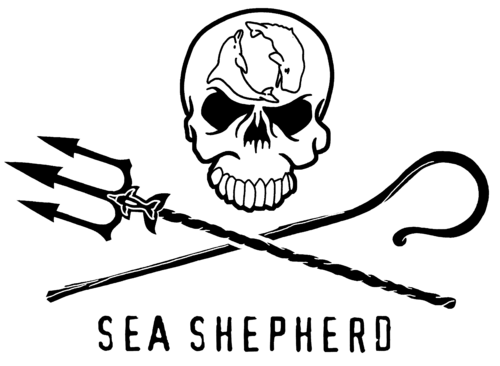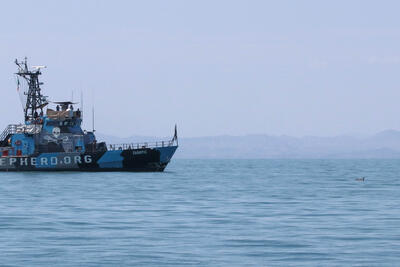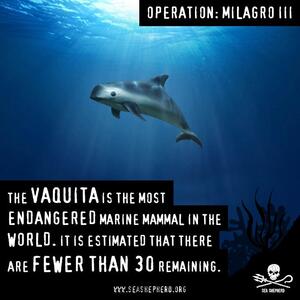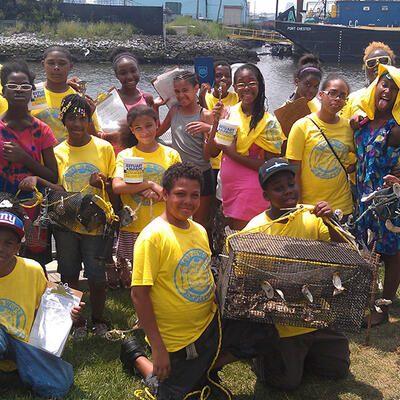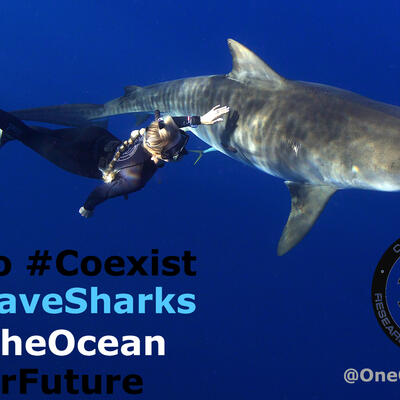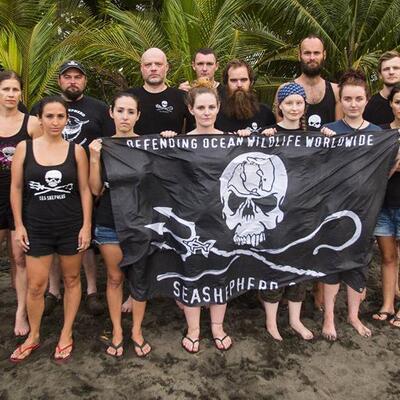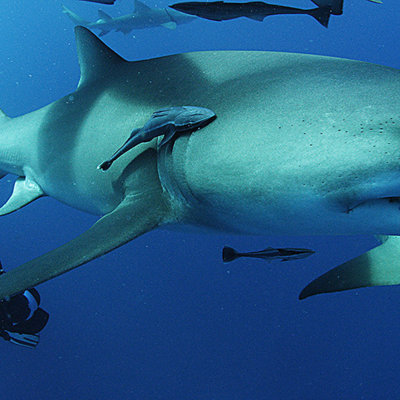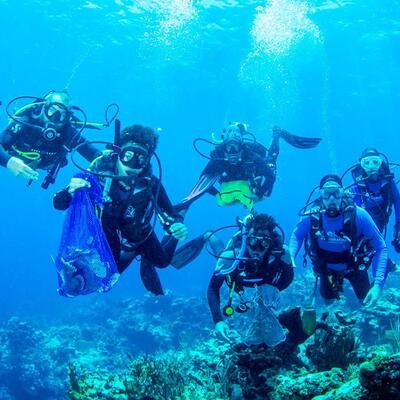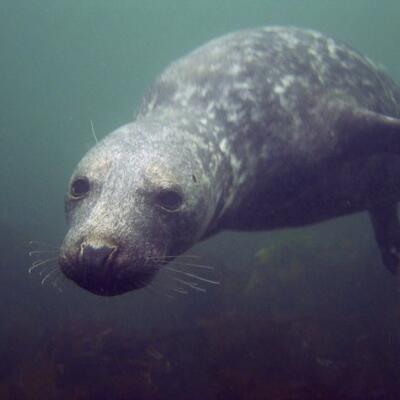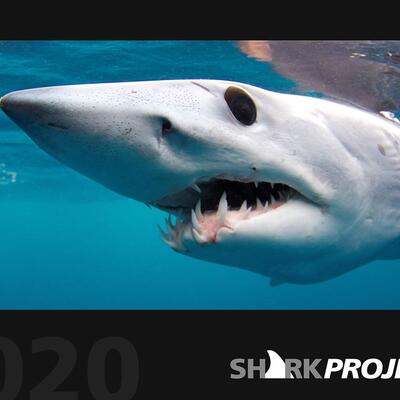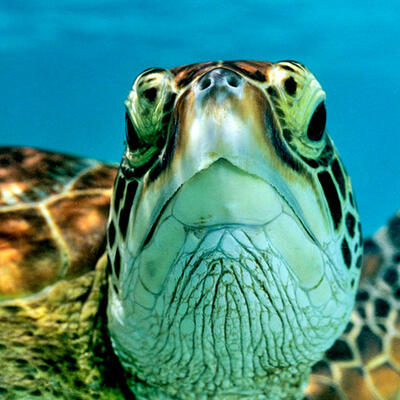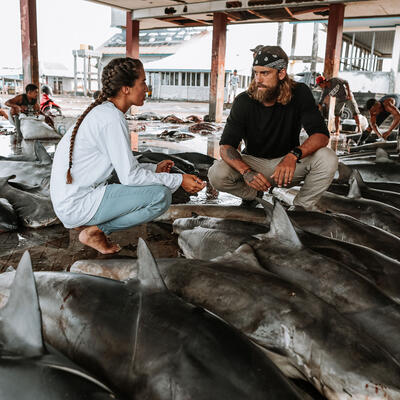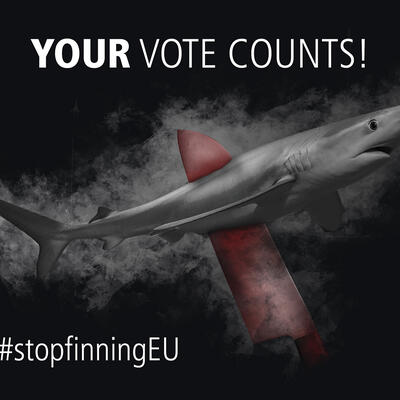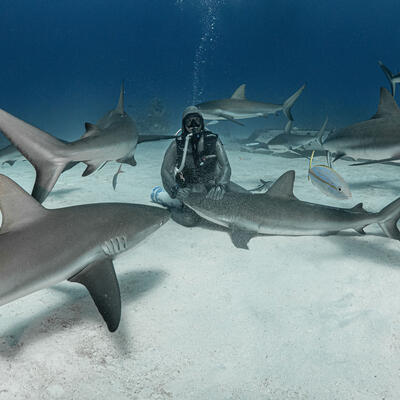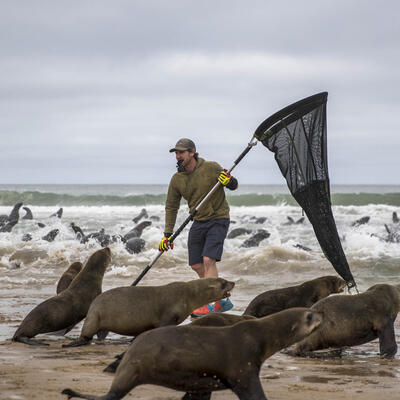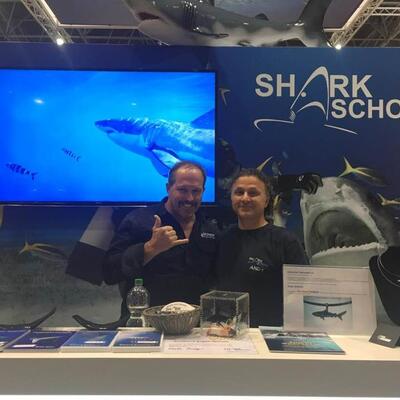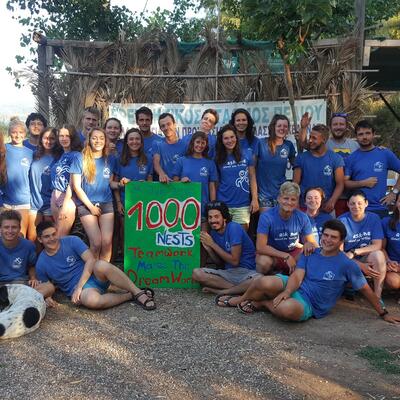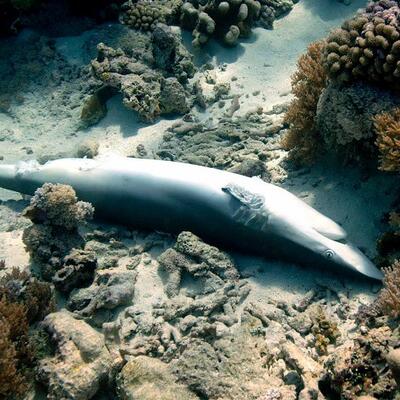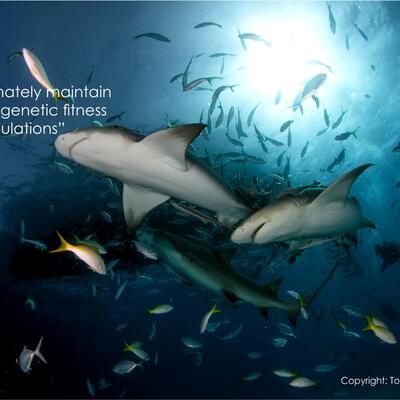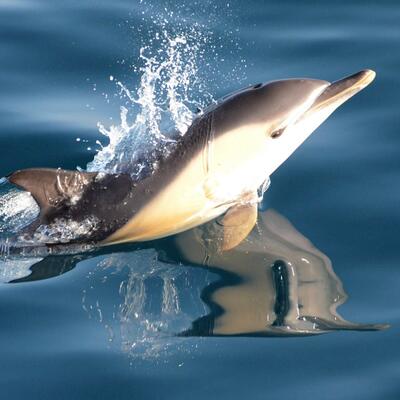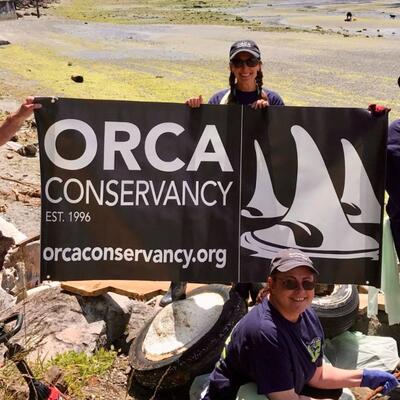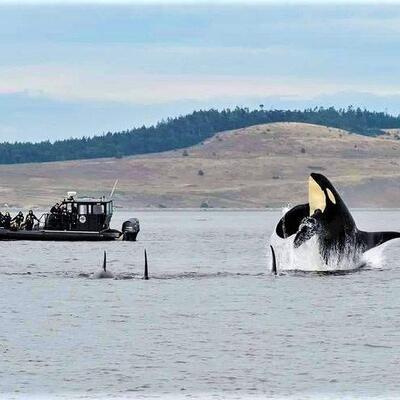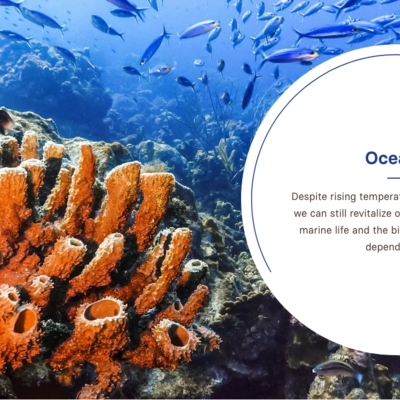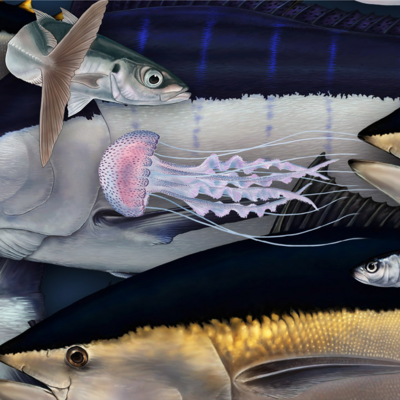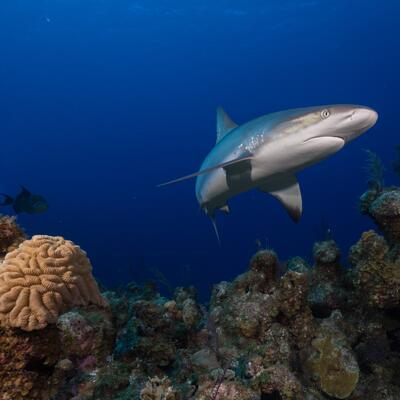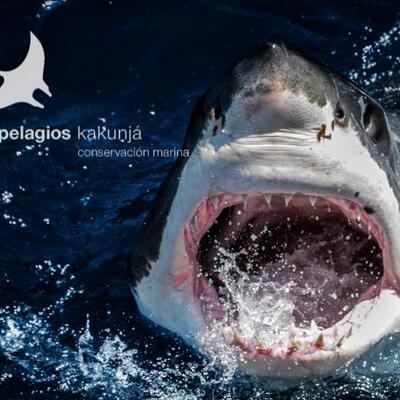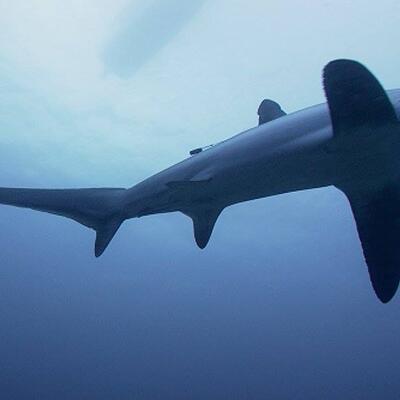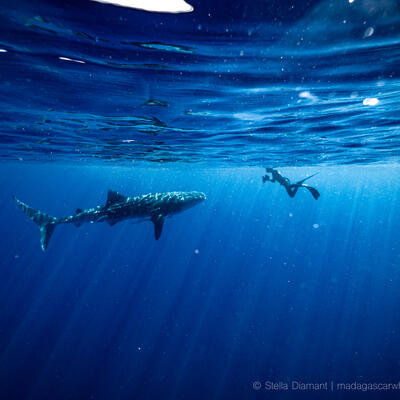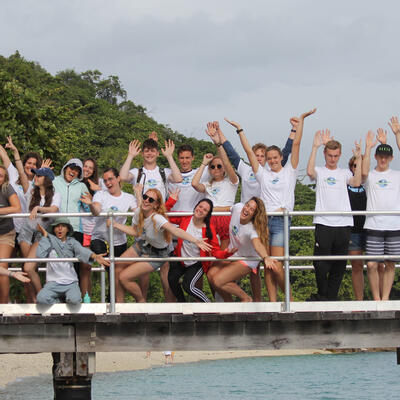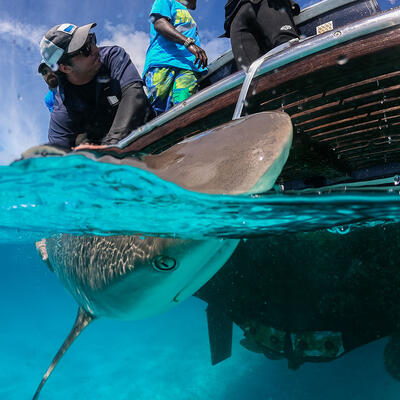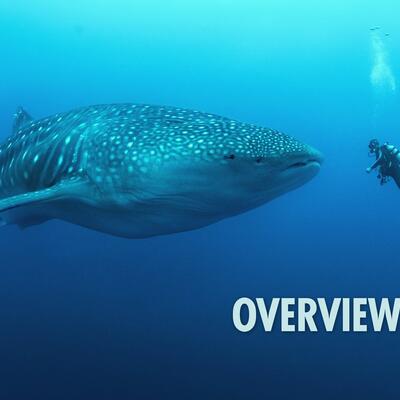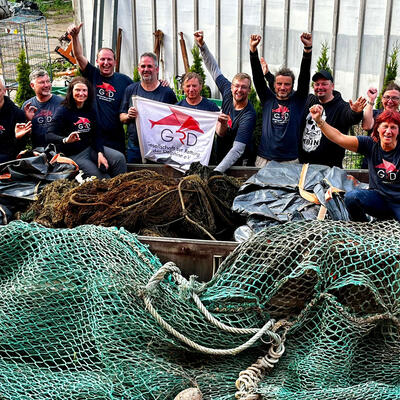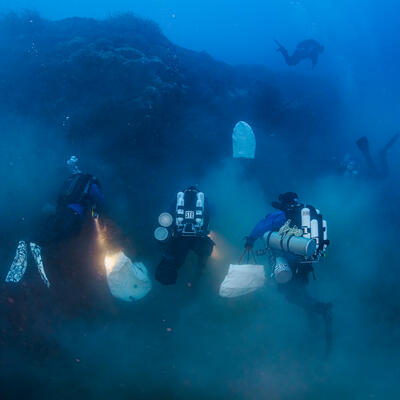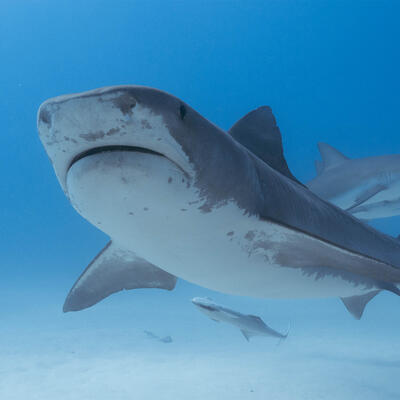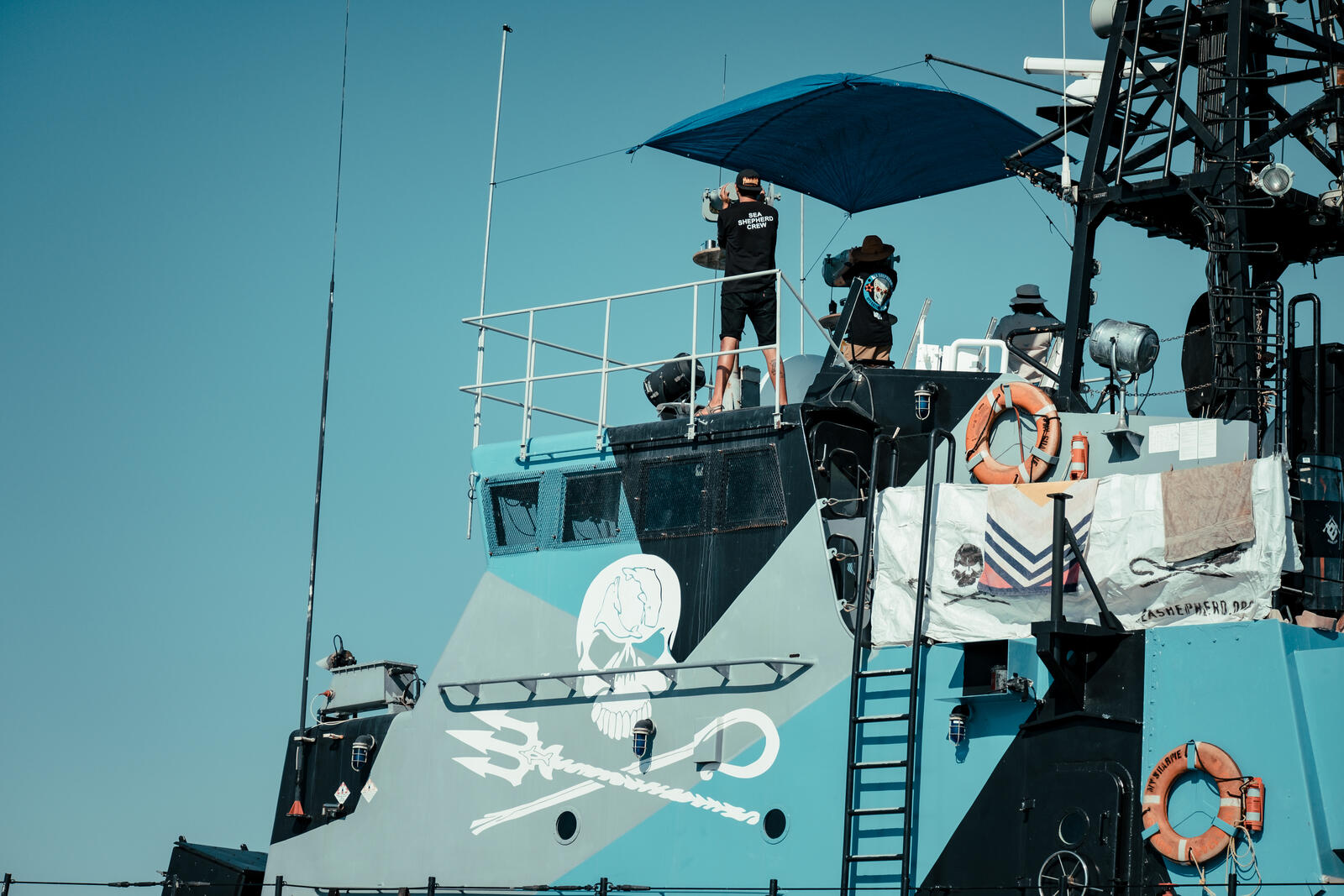
Sea Shepherd Operation Milagro
-
Main problem:
Extinction of marine species and overfishing -
Subproblem:
Fishing industry, Illegal Fishing, illegal activities on the high seas -
Consequence:
Loss of biodiversity -
Solution:
Patrols in the Vaquita habitat and removal of illegal gillnets.
Sea Shepherd was founded in 1977 by Captain Paul Watson in Vancouver, Canada, with the mission to protect and conserve all marine wildlife.
Since 2015, Sea Shepherd’s fleet: the M/V Farley Mowat, M/Y Sam Simon, M/V White Holly and M/V Sharpie have all been involved in the Milagro campaign. The fleet will continue to patrol and protect the vaquita refuge to save this critically endangered marine mammal and other species that inhabit the Upper Gulf of California.Vaquita are the smallest cetaceans on the planet and the most endangered marine mammal on Earth. The species is endemic to Mexico’s Upper Gulf of California. It is estimated there are less than nineteen vaquita alive today. For the past five years, Sea Shepherd has maintained a maritime presence in the Upper Gulf of California, working with Mexican authorities to protect the rare porpoise. Sea Shepherd removes illegal gillnets from vaquita habitat to protect the mammal from getting ensnared in nets set to catch another endangered species, the totoaba fish.
Totoaba is targeted for its lucrative “buche” or swim bladder, which is trafficked and sold in black markets in Asia. The bladders are consumed in a soup believed to have beneficial health properties, despite lack of scientific evidence confirming such claims. This wildlife trafficking scheme is responsible for the critical situation the vaquitas are facing. Vaquita and totoaba are of a similar size, thus the gillnet mesh used to catch the totoaba are the perfect death trap for the small porpoise.
Despite collaborating with scientists for many years, providing data and supporting acoustic monitoring efforts, this is the first time Sea Shepherd has participated in a visual identification expedition to identify and document vaquita. Sea Shepherd first recorded a vaquita on April 18th, 2015, just two days after Mexico had announced a strong plan of action to protect the vaquita porpoise, bringing the country to the forefront of conservation of endemic species. The 2015 sighting had been the first recording of a vaquita in two years, bringing immediate urgency of the situation to Mexican authorities and paving the way to a long-lasting collaboration between Mexico and Sea Shepherd to protect the species.
Sea Shepherd has been present in the Vaquita Refuge for the last five years under an agreement of cooperation with the government of Mexico and remains committed to providing its full assistance. Sea Shepherd has deployed multiple vessels from its patrol fleet, monitoring poaching and retrieving 990 pieces of illegal fishing gear, including approximately 200 kilometers of illegal gear – all from vaquita habitat. Sea Shepherd’s vessel, the M/V Sharpie is currently inside the vaquita habitat performing this important collaborative visual spotting expedition to gather data and visual identification of the last vaquita porpoises. “It is very important to document live vaquitas,” said Sea Shepherd founder and CEO Captain Paul Watson. “Our crews have been working tirelessly, day and night, to remove the gillnet threat from the vaquita’s path. Some say the plight of the vaquita is a lost cause, but we believe that lost causes are the only causes worth fighting for and all our crew are united in this belief that the impossible can become possible. And it is the passion, courage, imagination and resourcefulness of my incredible crew that will win this fight for the vaquitas and for the oceans.”
Photo Credits by: ©seashepherd
https://seashepherd.org/milagro/
